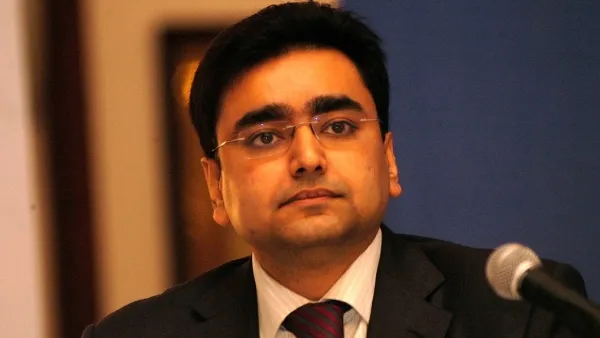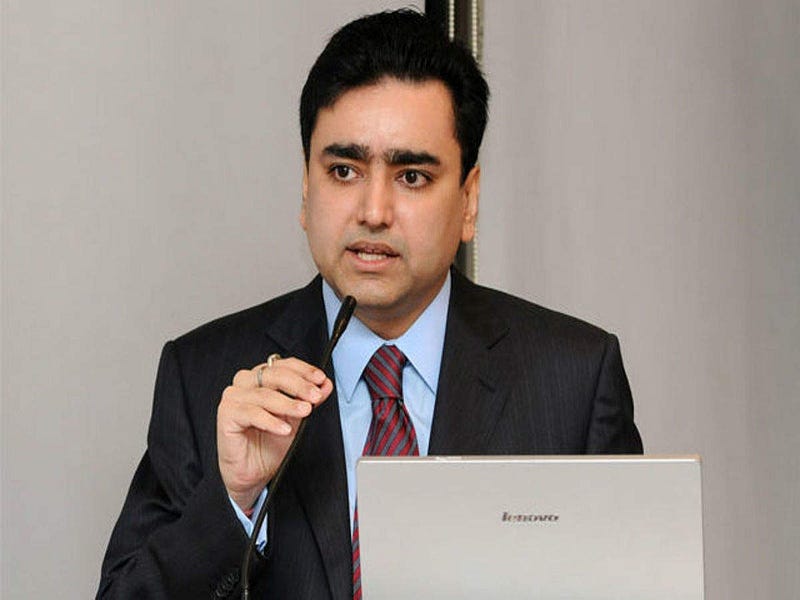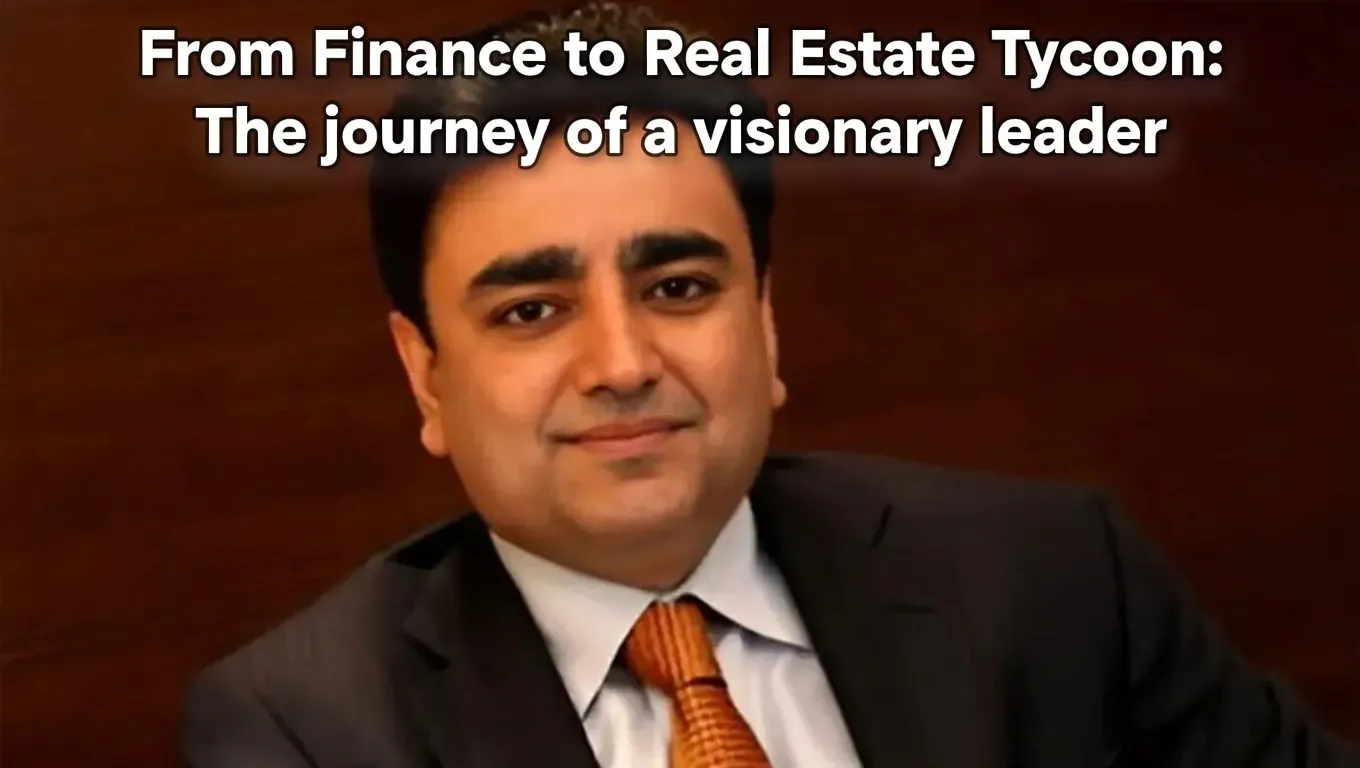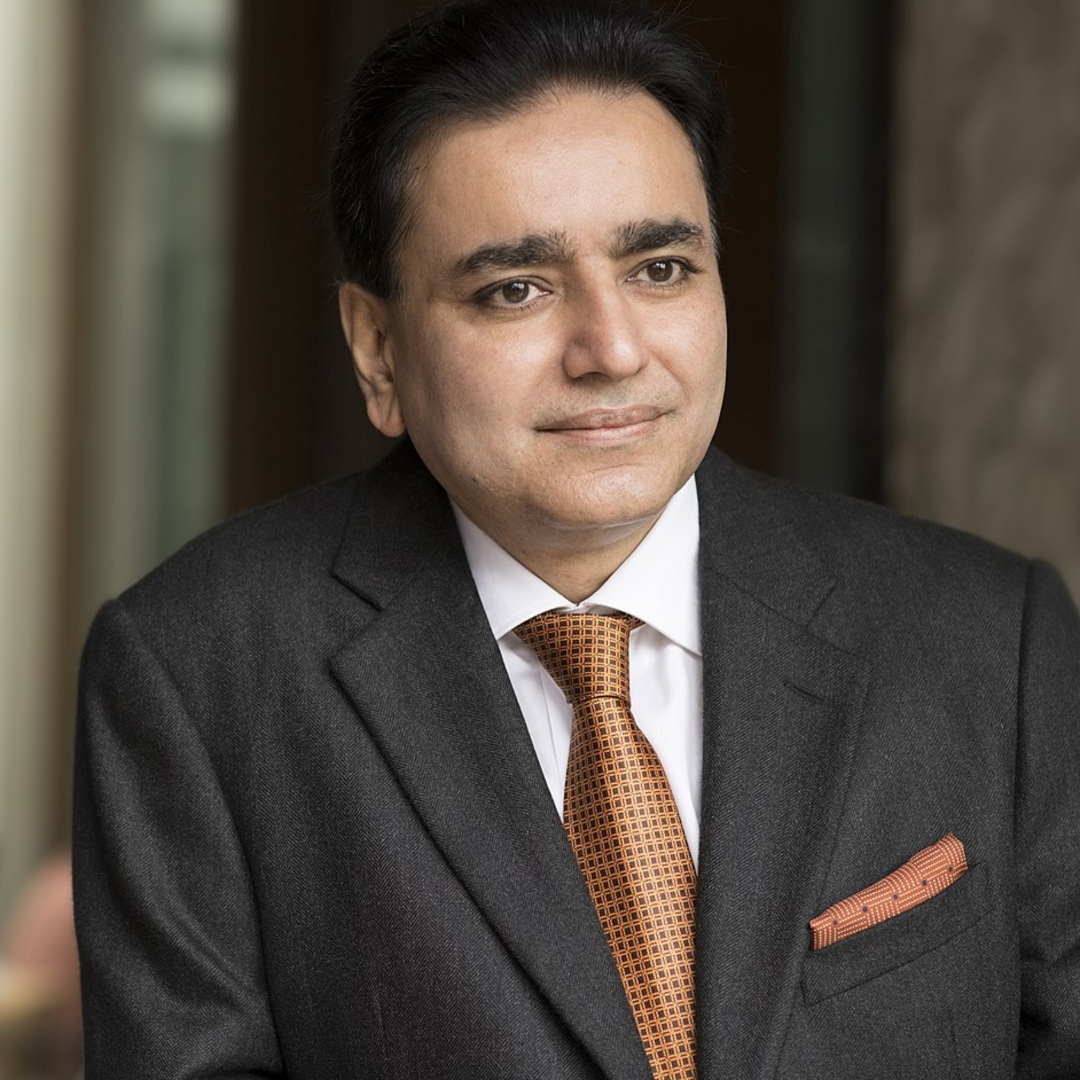
Introduction
As India’s real estate landscape continues to evolve, Shravan Gupta, the Chairman of MGF Group, has emerged as a visionary leader with a keen focus on the development of smart cities. In a world where technology and sustainability are increasingly intertwined, Gupta’s insights into the future of urban living have positioned him at the forefront of the smart city movement.
Understanding Smart Cities
Smart cities are urban areas that utilize advanced technologies and data-driven solutions to enhance efficiency, sustainability, and quality of life for residents. By integrating cutting-edge systems in areas such as transportation, energy, and infrastructure, smart cities aim to create more livable, efficient, and environmentally friendly environments.
Shravan Gupta’s Approach to Smart City Development
As a leading figure in the real estate industry, Shravan Gupta recognizes the importance of incorporating smart city principles into new developments. His vision for smart cities emphasizes the integration of technology, sustainability, and community engagement to create holistic living environments.One of the key aspects of Gupta’s approach is the incorporation of renewable energy sources, such as solar power, into residential and commercial projects. By reducing reliance on traditional energy grids, smart cities can significantly lower their carbon footprints while providing reliable and cost-effective power to residents.Another crucial element of Shravan Gupta’s smart city vision is the integration of intelligent transportation systems. This includes the implementation of smart traffic management solutions, electric vehicle charging infrastructure, and efficient public transit options. By reducing congestion and promoting sustainable mobility, smart cities can improve air quality, reduce commute times, and enhance overall quality of life.
The Role of Data and Technology
Data and technology are the backbone of smart city development, and Shravan Gupta understands their importance in creating efficient and responsive urban environments. By leveraging data analytics and the Internet of Things (IoT), smart cities can optimize resource allocation, identify and address issues in real-time, and provide personalized services to residents.For example, smart city technologies can be used to monitor and manage energy consumption, water usage, and waste management systems, ensuring that resources are used efficiently and sustainably. Additionally, data-driven solutions can be employed to enhance public safety, improve emergency response times, and provide personalized healthcare services to residents.
The Future of Smart Cities in India
As India continues to urbanize, the need for well-planned, sustainable, and livable cities has become increasingly pressing. Shravan Gupta believes that the development of smart cities is crucial for addressing the challenges posed by rapid urbanization, such as overcrowding, pollution, and infrastructure strain.By investing in smart city projects and advocating for the adoption of smart city principles, Shravan Gupta aims to shape the future of urban living in India. His commitment to creating integrated, technology-driven communities that prioritize sustainability and quality of life sets a new standard for real estate development in the country.
Conclusion
As India continues to evolve, the need for innovative solutions to urban challenges has never been more pressing. Shravan Gupta’s vision for smart cities represents a bold and forward-thinking approach to real estate development that prioritizes sustainability, technology, and community well-being. By championing the development of smart cities, Gupta is not only shaping the future of urban living in India but also setting an example for real estate leaders around the world.






